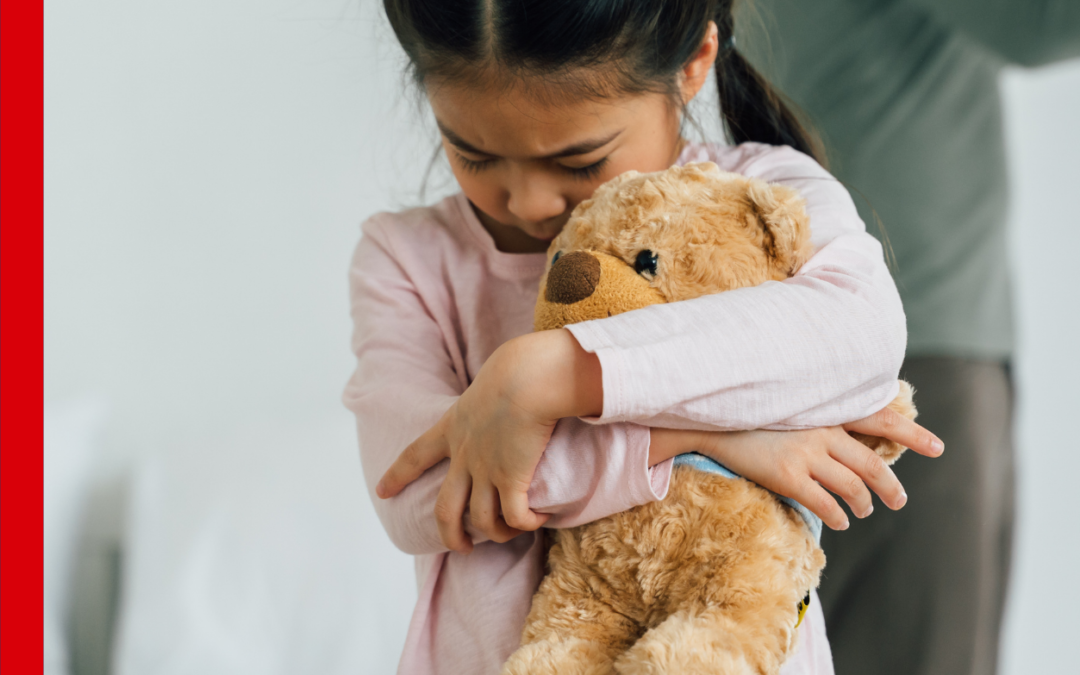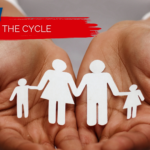
Domestic violence creates an unsafe, unhealthy, and frightening environment for children. The violence may or may not be directed at the children. But the children are victims, all the same. Witnessing intimate partner violence is traumatic. Children may be witnessing it with their own eyes, but they may also hear or sense violence that is intended to be hidden from them.
It’s important to note that even if a child is not a direct victim of physical abuse, they are still hurting. They may be fearful, anxious, and withdrawn. Their suffering shows itself in different ways depending on their age.
- Young children will likely have trouble sleeping and have severe separation anxiety. They may show regressive behaviors such as returning to thumb-sucking, bedwetting, or whining.
- Older children may struggle in school and in social relationships. They often feel shame or guilt related to the abuse. Their ongoing anxiety may present as stomach aches or headaches.
- Teens often act out or engage in risky behaviors. They show bigger swings in emotions than what would be expected. They may be angry and violent or withdrawn and depressed.
All youth respond differently to domestic violence and recover at different paces. They may not forget what they witnessed, but they can learn to build resilience and manage their emotions in a healthy way. The good news is that you can make a difference by being a stable adult in a child’s life.
According to the Office on Women’s Health, some specific things you can do to show support are:
- Let them talk about their fears. Listen. Validate. Let them know it’s not their fault.
- Talk to them about healthy relationships. These relationships are formed with healthy boundaries. Model these boundaries for the child.
- Help them find a support system. Counselors and therapists are trained to help children navigate the complex challenges of domestic violence.
- Encourage their relationship with their CASA. Henrico County’s judges appoint CASA volunteers to advocate for children experiencing abuse. Remind a child that their CASA is on their side, speaking up for their best interests.
** October is Domestic Violence Awareness Month.
If you or someone you know needs help immediately, call 911. To report domestic violence, call 800-799-7233. The National Domestic Violence Hotline can also be reached via text or chat if it is not safe to make a call.










